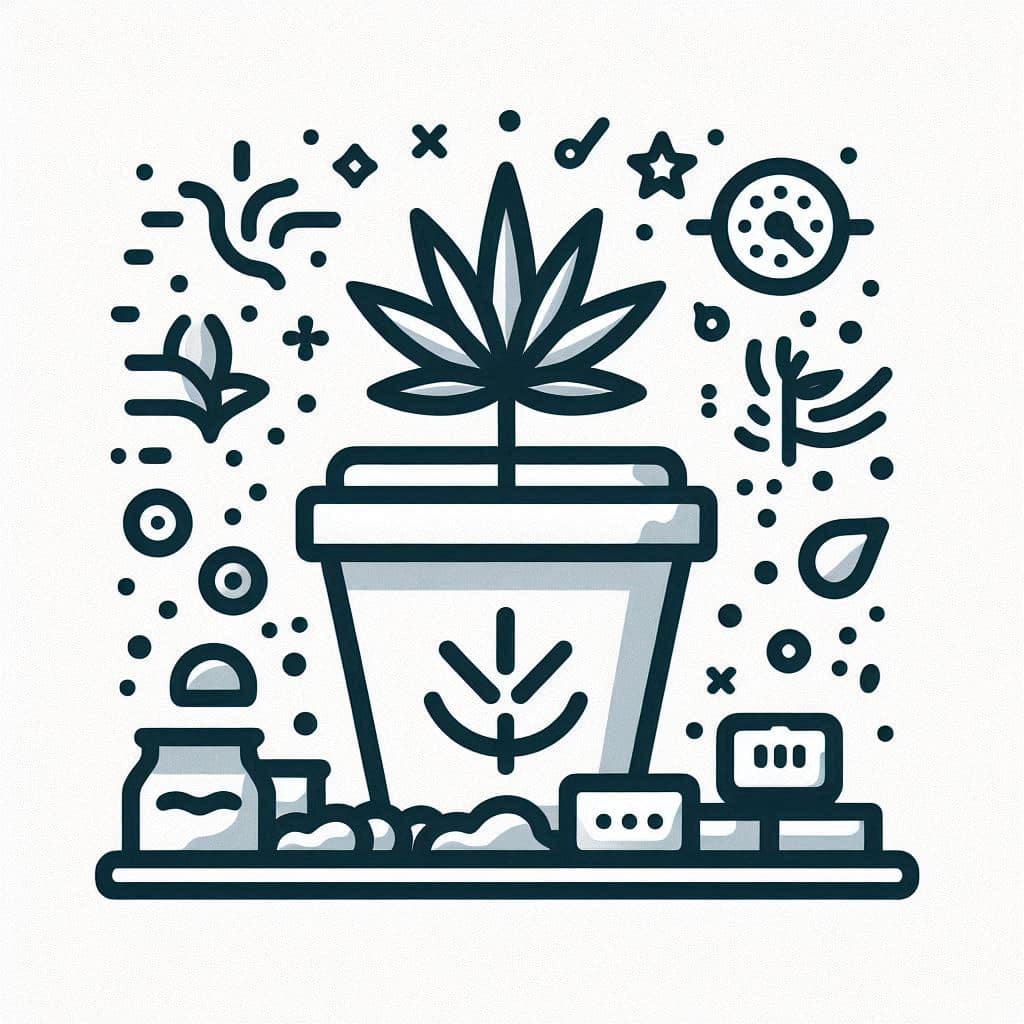Fast & Free Delivery 📦 / Secure Payments 💳 / Guaranteed Germination ✅

Hey, if you’re thinking about growing cannabis seeds in Massachusetts, here’s how I did it. At first, I thought it would be really hard, but it turned out to be pretty easy. First, you need to know that it’s legal to buy seeds for personal use here, so there’s no need to panic. I just visited a couple of websites, read what people recommended, and chose what I liked.
The buying process is just like online shopping, except instead of socks or T-shirts, you choose strains. At first, I didn’t know the difference between “Indica” and “Sativa,” but then I realized that Indica is for relaxation, and Sativa is for energy, kind of like coffee, only more interesting.
Delivery is usually normal, not some super-secret agent with a bag over his shoulder, just a regular package. The main thing is to check the laws so you don’t run into unnecessary questions from the post office or the police. I once got the address wrong and had to worry, but it’s funny to remember now.
In short, if you want, get some seeds, choose a variety, order them, wait for the package, and then decide what to do with them. Some people have a whole garden in their room, others have a little experiment on the windowsill. The main thing is the high, and we’ll figure out the rest later.
How to Grow Cannabis Seeds in Massachusetts? 🌱

Growing weed in Massachusetts isn’t some mystical thing—it’s more like gardening with a few extra rules and way more anticipation. The law lets adults over 21 grow six plants each, twelve per household. That sounds like plenty, until you realize how finicky these plants can be. Some die, some thrive, some look healthy but refuse to produce anything worth keeping. That’s just the gamble.
The first move? Seeds. You can order them online (people do, though technically it’s a legal gray mess), or if you’re lucky, a buddy slips you a few from their stash. Either way, once you’ve got them, it’s all about coaxing life out of something that looks like a pebble. Some folks soak them in water for 24 hours, others tuck them into damp paper towels and wait. You’ll see that tiny white taproot pop out—it feels like discovering treasure. Or maybe like pulling the tab on a scratch ticket and actually winning.
Now, Massachusetts isn’t California. You can’t just stick seeds in the ground in April and expect magic. Winters here will kill everything, so outdoor grows usually happen May through September. The plants need lots of sun, and if your yard’s shady, forget it. Indoors gives more control—lights, fans, timers—but also way more headaches. And the smell. Jesus. That skunky, punch-you-in-the-face aroma will creep into clothes, walls, everything. Neighbors notice. Trust me.
I think the trick is patience. Everyone wants buds yesterday. But cannabis plants take time—vegetative growth, then flowering, then curing after harvest. Rushing ruins it. You wait weeks for buds to fatten up, then another couple weeks drying them in a dark closet, and just when you think you’re done, you’ve got to stash them in jars, burping them like some weird ritual. Skip any step and your smoke tastes like burnt hay. Nobody wants that.
Of course, Massachusetts weather doesn’t care about your grow. One week it’s 85 and humid, the next it’s 45 and raining for days. Outdoor growers fight mold, caterpillars, nosy neighbors, random storms. Indoors it’s electricity bills climbing higher than you planned. But when it works? When you open a jar in November and the smell hits you, sticky buds that you raised yourself—it’s worth it. More than worth it.
It’s not a hobby for the impatient or the careless. It’s a weird mix of science project and gamble, equal parts joy and paranoia (especially if your landlord pops by unannounced). But for a lot of folks in Massachusetts, growing their own is less about saving money and more about control. Knowing exactly what went into your plants. Watching them stretch toward the light. Smoking something you didn’t have to buy. There’s pride in that, messy as the process is.
Where to Buy Cannabis Seeds in Massachusetts? 🌱

If you’re wandering through Massachusetts and thinking, “Where the hell do I even start with cannabis seeds?”—you’re not alone. The state has opened doors, sure, but it’s still a maze of legalese and storefronts that look like they’re hiding something. You can hit up local dispensaries; some carry seeds tucked behind the counter, whisper-level kind of deal. Not every budtender is gonna spill the details—depends who’s having a good day and who’s just tired of explaining the law for the hundredth time.
Online is a whole other rabbit hole. There are legit seed banks shipping right to Mass addresses, and then there’s the sketchy side, where you wonder if your credit card info is safe or if you’re about to be ghosted. Personally, I think ordering from a reputable online source is easiest—you avoid awkward “Can I see your ID?” questions and the whole dance of small talk in a dispensary.
Farmers markets? Maybe. Some small growers occasionally sell clones and seeds under the radar. Risky, yes. Fun? Absolutely, if you like that sort of underground thrill. And honestly, Massachusetts has these tiny, weird shops—like, half bookstore, half garden center—that stash seeds somewhere inconspicuous. You’d have to know someone, though. Connections count more than Google sometimes.
Then there’s the legal stuff—you can technically buy seeds for “souvenir” or “collection” purposes. It’s one of those legal loopholes where the law winks at you, but you still have to be careful. I’ve heard stories: people thinking they’re fine, seeds arrive, and then a neighbor freaks out. Weird stuff happens.
Anyway, the key is patience. Don’t rush into the first site or store. Read reviews, maybe lurk on forums where local growers chat, and just feel out who’s legit. You’ll find your source eventually. And when you do—well, that’s when the fun begins. . . planting, waiting, obsessing over every tiny sprout like it’s a dragon egg.
- Alabama
- Alaska
- Arizona
- Arkansas
- California
- Colorado
- Connecticut
- Delaware
- Florida
- Georgia
- Hawaii
- Idaho
- Illinois
- Indiana
- Iowa
- Kansas
- Kentucky
- Louisiana
- Maine
- Maryland
- Michigan
- Minnesota
- Mississippi
- Missouri
- Montana
- Nebraska
- Nevada
- New Hampshire
- New Jersey
- New Mexico
- New York
- North Carolina
- North Dakota
- Ohio
- Oklahoma
- Oregon
- Pennsylvania
- Rhode Island
- South Carolina
- South Dakota
- Tennessee
- Texas
- Utah
- Vermont
- Virginia
- Washington
- West Virginia
- Wisconsin
- Wyoming